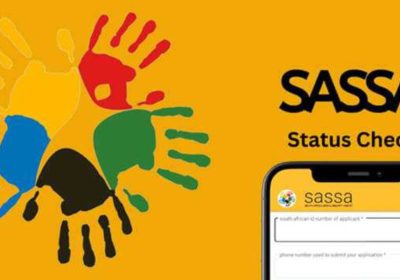
Avoiding Common Scams in Debt Management
Navigating the complexities of debt management can be stressful, and unfortunately, it’s a prime sector for scams. Scammers often prey on those desperate for a quick fix to their financial woes, making false promises of easy debt resolution. Understanding how to identify and avoid these scams is crucial for protecting yourself and your financial assets. This article will guide you through common debt management scams and offer practical tips for staying safe.
Recognize Common Debt Management Scams
- Advance Fee Scams
- Scammers promise to negotiate with your creditors to settle or reduce your debt. However, they require an upfront fee before any service is provided. Often, once the fee is paid, the scammer disappears with your money, and no debt resolution is ever attempted.
- Guarantee of Debt Elimination
- Be wary of any company that guarantees they can eliminate all your debt quickly and easily. Legitimate debt relief services will explain realistic outcomes and never guarantee total debt elimination without first reviewing your specific financial situation.
- Phantom Debt Collector
- These scammers invent debts that do not exist or inflate amounts on legitimate debts. They use intimidation and threats to coerce payments. Always request detailed written validation of the debt before proceeding with any payment.
Tips for Avoiding Debt Management Scams
- Research the Company Thoroughly
- Before engaging with any debt management service, conduct extensive research. Check for reviews, ratings on the Better Business Bureau (BBB), and feedback from other consumers online. Legitimate companies will have a track record and verifiable contact information.
- Look for Accreditation
- Reputable debt management companies are often accredited by recognized bodies such as the National Foundation for Credit Counseling (NFCC) or the Financial Counseling Association of America (FCAA). Accreditation is a good indicator of credibility and adherence to ethical practices.
- Avoid Companies Asking for Upfront Fees
- In many countries, it’s illegal for debt relief services to request an upfront fee before rendering any services. Choosing a company that does not ask for fees before providing help is often safer.
- Understand Your Rights
- Educate yourself about the debt collection and management process. Knowing your rights can protect you from intimidation and harassment. Familiarize yourself with laws like the Fair Debt Collection Practices Act (FDCPA) in the United States, which provides specific protections against abuse by debt collectors.
- Consult with a Financial Advisor
- If you’re unsure about a company’s legitimacy, consult with a financial advisor or a credit counselor from a non-profit organization who can provide impartial advice.
Navigating debt management requires cautious and informed decision-making to avoid scams. By understanding common scams and utilizing the tips provided, you can protect yourself from fraudsters and find legitimate help for managing your debts.
For those seeking additional assurance or needing more specialized guidance, services like those offered by cisdrs.com can be invaluable. They provide expert advice and reliable resources to help you manage your debts effectively and safely, ensuring you’re working with trusted professionals in the debt management field.






